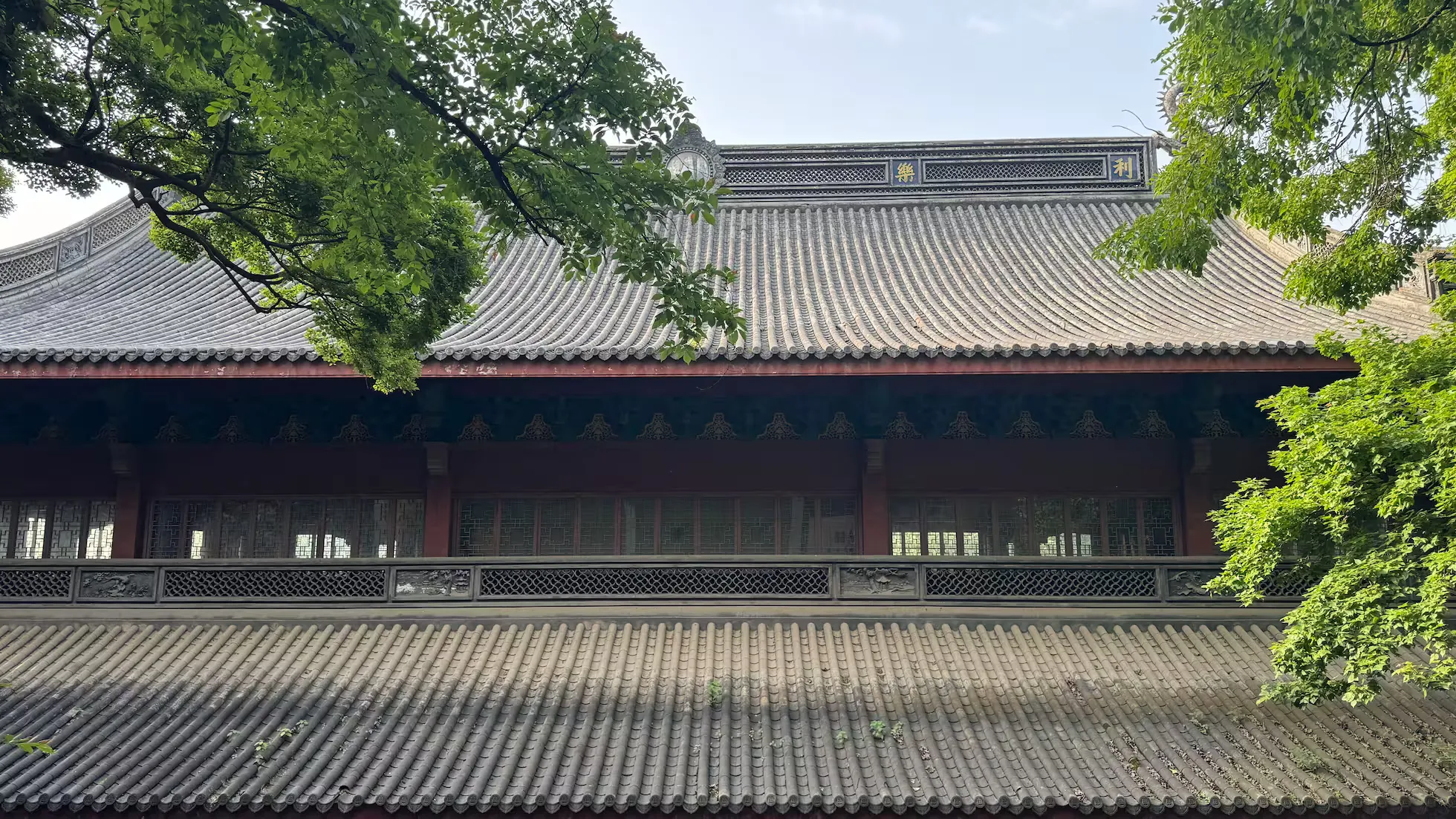Money Game

The author of Money Game is Dan Weijian, a former educated youth who later had the opportunity to attend university and study abroad in the United States. After serving as a professor in the U.S. for six years, he joined Newbridge Capital, engaging in private equity investments and leading the acquisition and subsequent sale of both Korea First Bank and Shenzhen Development Bank. He reaped considerable profits from these two deals and later established his own private equity firm in Hong Kong.
I first learned about Dan Weijian through an interview on the podcast Left and Right. In the show, he spoke naturally and elegantly, and I was drawn to his experiences, which are deeply imprinted with the spirit of the times. Intrigued, I sought out his books to read. He has published two books in China: Walking Out of the Gobi, which recounts his youth during the Cultural Revolution, and Money Game, which details his professional achievements. I wasn’t particularly interested in the youth stories, as many people have written on this subject and, given the time that has passed, it holds little significance for me. However, Money Game is indeed worth a read.
Money Game primarily discusses Newbridge Capital’s acquisition of Korea First Bank during the Asian financial crisis in the 1990s, a process that took over ten months, and how it turned the bank around over five years before successfully selling it to Standard Chartered Bank, reaping substantial returns. The most detailed parts of the book describe Dan Weijian’s team negotiating with the Financial Supervisory Service of Korea. With a habit of taking notes, Dan Weijian, combined with the fax records of Newbridge founder Richard Pondman, reconstructs the entire event. This first-hand account offers us a glimpse into how big capital players conduct their deals.
Achieving such a world-renowned deal was not easy. The book’s title aptly summarizes its content, especially the word “game”. The book is replete with strategic games — between buyers and sellers, within the South Korean government, and within Newbridge Capital itself. Wherever there are people, there are interests, and where there are interests, there is a game. This book also shows us that deals between big players are not much different from haggling over goods at a rural market. It is full of psychological contests, internal struggles, deception, and bluffing.
A piece of fat meat never attracts just one vulture, and a lucrative deal is never likely to attract just one competitor. Those qualified to compete are often equally matched, experiencing a “clam and crane” struggle where the outcome remains unknown until the very end. At the time, Newbridge’s competitor for Korea First Bank was Citibank, and the two final buyers bidding for Korea First Bank were HSBC and Standard Chartered. HSBC, though an early contender, was outpaced by Standard Chartered due to its internal inefficiencies. If the meat is fat enough, don’t worry about minor losses — just grab it first.
Published at: Sep 30, 2024 · Modified at: Aug 31, 2025


